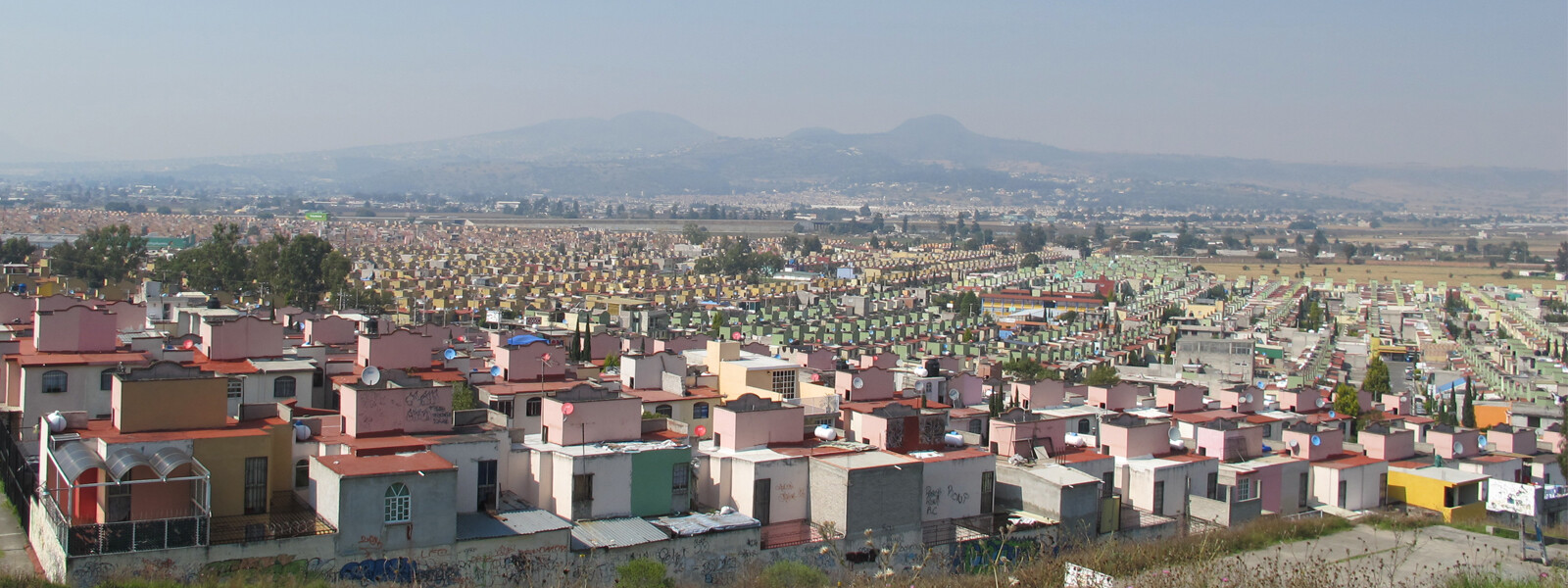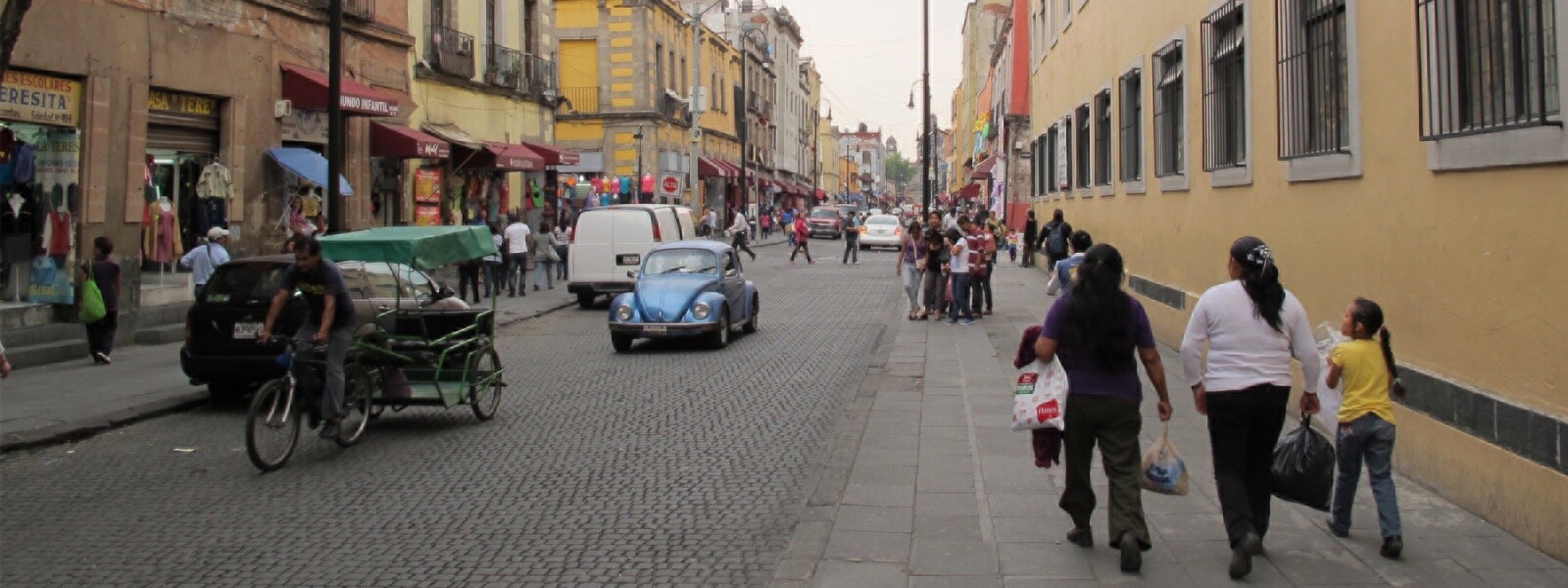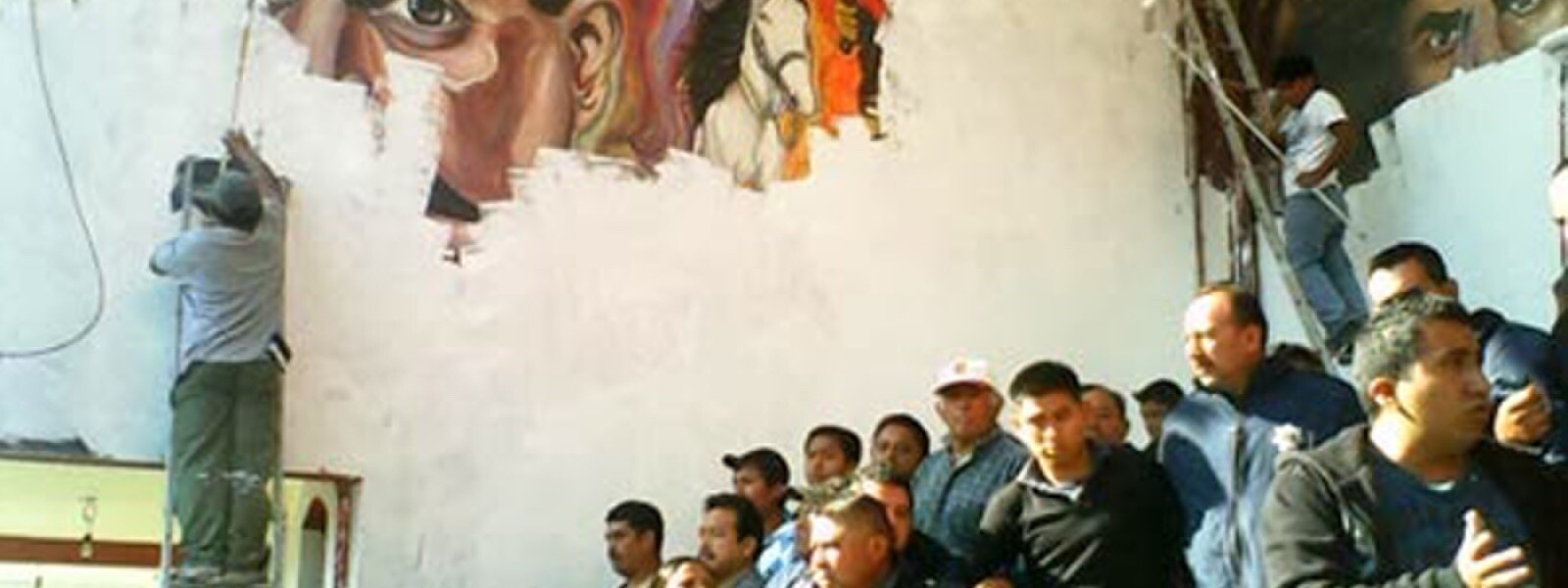(resumen en ingles)
Urban extractivism is an emergent concept increasingly discussed within Latin America-based scholarship but less known in anglophone urban geography. The devastating social and environmental impact of large-scale natural resource extraction, usually accompanied and driven by infrastructure megaprojects, is the main domain to which activists and scholars are currently applying the concept of extractivism. However, extractivism-related accumulation also applies to urban contexts, as for instance, scholars argue using this lens to analyze the production of exclusive urban territories in central Buenos Aires. In this contribution, I suggest to broaden the concept of urban extractivism to address pressing challenges of urban transformations in the peripheries of Mexico City, particularly concerning urban infrastructure megaprojects and Indigenous socio-territorial movements that advocate for a more sustainable use of natural resources. Critical reflection on the extractivism of knowledge reveals the need for more collaborative research methods in urban geography and beyond.
Streule, Monika (2023) Urban extractivism. Contesting megaprojects in Mexico City, rethinking urban values, Urban Geography 44.1, 262–271. DOI: 10.1080/02723638.2022.2146931



